Collective grief is when a community experiences a significant loss together, regardless of any connection they may have to the victims. This type of grief usually occurs with events such as mass shootings, natural disasters that cause major damage, or other large-scale tragedies that affect more than just a single family or small group of people.
When we think of events that have affected communities on a large scale, we often think of events like 9/11, Hurricane Katrina, or Sandy Hook. These were huge tragedies that affected the masses. It’s something worth exploring more.
How Collective Grief Impacts a Local Community
Collective grief can impact a local community and its residents in several ways:
Makes People Feel More Connected
Though grief is understood and felt by everyone, it often feels very isolating to the ones experiencing it. In large-scale tragedies, the impact is felt so deeply within the community that it reminds people they’re not alone in their grief.
Not only can this be beneficial for those who are directly affected by the communal grief, but it can be a genuinely good reminder if they are struggling with unrelated losses in their own lives.
It Helps Bring People Together, Regardless of Their Differences
People come together after tragedy. Though there may be differences among the community, the fear, anger, and sadness over mass shootings, war, and natural disasters are shared. These become shared emotions that can transcend race, gender, lifestyle, and cultural background.
It Fosters Change
Large-scale tragedies result in two things. The first is collective grief. The second, is potentially, the demand for and implementation of new policies.
In response to the Sandy Hook shooting in 2012, Congress passed the STANDUP Act, which encourages schools throughout the U.S. to either implement or expand on their existing suicide prevention training. Through the efforts of the Sandy Hook Promise, they have developed a Know the Signs program to proactively combat mass shootings. As of publication, more than 650 lives have been saved and 16 planned school shootings have been thwarted.
How You and Your Community Can Help With Collective Grief
A community dealing with grief can be a complex thing. You have so many different personalities, backgrounds, and opinions that can, sometimes, result in divisiveness. While the argument can be made that people are entitled to their own opinions, the reality is that divisiveness can hurt an already struggling community as they heal from devastating loss. At the end of the day, large-scale tragedies will result in a ripple effect on communities.
That being said, there are a few things that community members and the communities themselves can do to help process collective grief. Here are a few suggestions:
Have a Gathering to Grieve Publicly
Bringing everyone together in a display of public grief, such as a candlelight vigil, is a positive way to allow those shared feelings to come out.
In these kinds of large-scale tragedies, everyone keeping to themselves doesn’t allow for the catharsis of a public grieving process. As mentioned above, when people can relate and see everyone else also grieving, it validates their emotions and establishes a connection with others.
Getting Involved in Your Community
That being said, collective grief doesn’t have to be a giant public display of grief, either. Getting involved in groups that help out your community or volunteering at local charities that benefit those affected by the tragedy can help with the healing process. It also lets others, including the world know, that you are resilient and will move forward.
Respect People’s Grieving Process
One thing you need to keep in mind while dealing with collective grief is that everyone grieves differently. Remember, there’s no wrong way to grieve. Everyone processes grief differently and that’s especially true in collective grief.
While you might go on social media and talk about it, hold off on tagging people to join the discussion. They might not be comfortable discussing it on social media, or if it was someone who was directly impacted by it, might not want to see notifications that can serve as constant reminders of something terrible.
As mentioned earlier, collective grief can also be triggering for people who are still learning to deal with and adapt to their own grief. If someone sits out, don’t assume it’s because they don’t care. It just might be too overwhelming for them to process at the moment.
Allow Yourself to Grieve How You See Fit
Getting involved with helping your community grieve is great, but don’t forget to focus on yourself in the process. Your own personal grief attached to a situation is just as important as the grief being experienced by your community.
Be sure to take the time to grieve the way you need to grieve. As discussed in the last section, everyone grieves differently, and whatever you need to do to grieve, whether it’s crying, enrolling in therapy, or taking some time to be alone and process, is just as valid as the grief your neighbor is experiencing.
Remember, you can’t take care of others and provide support to those in your community unless you take care of yourself first. This is an example of that.
Collective Grief Can be Devastating, But It Can Also Promote Necessary Change Within the Community and Country
Dealing with any type of grief is challenging and collective grief is no different. If you’re able to and ready, consider what you can do to prevent or lessen the impact of tragedies like these moving forward. In collective grief, everyone has a voice and you can use that voice to be an advocate for change, if change is what is necessary to prevent a mass tragedy like this from occurring moving forward.
As with any type of grief, taking time to heal is necessary. Share your fears. Share your desire for change. Share your stories with those around you. Doing so helps build resilience and can help you understand the true meaning of community.


Courtney Dercqu is a Florida-based writer. Having chronicled her own journey of loss after losing both of her parents, she was drawn to Embrace Your Grief to help others through the loss, triumph, and confusion that the grieving process can bring. Not only does she hope her words help others, but being a part of a community that breaks the stigma of grief has made her feel less alone.

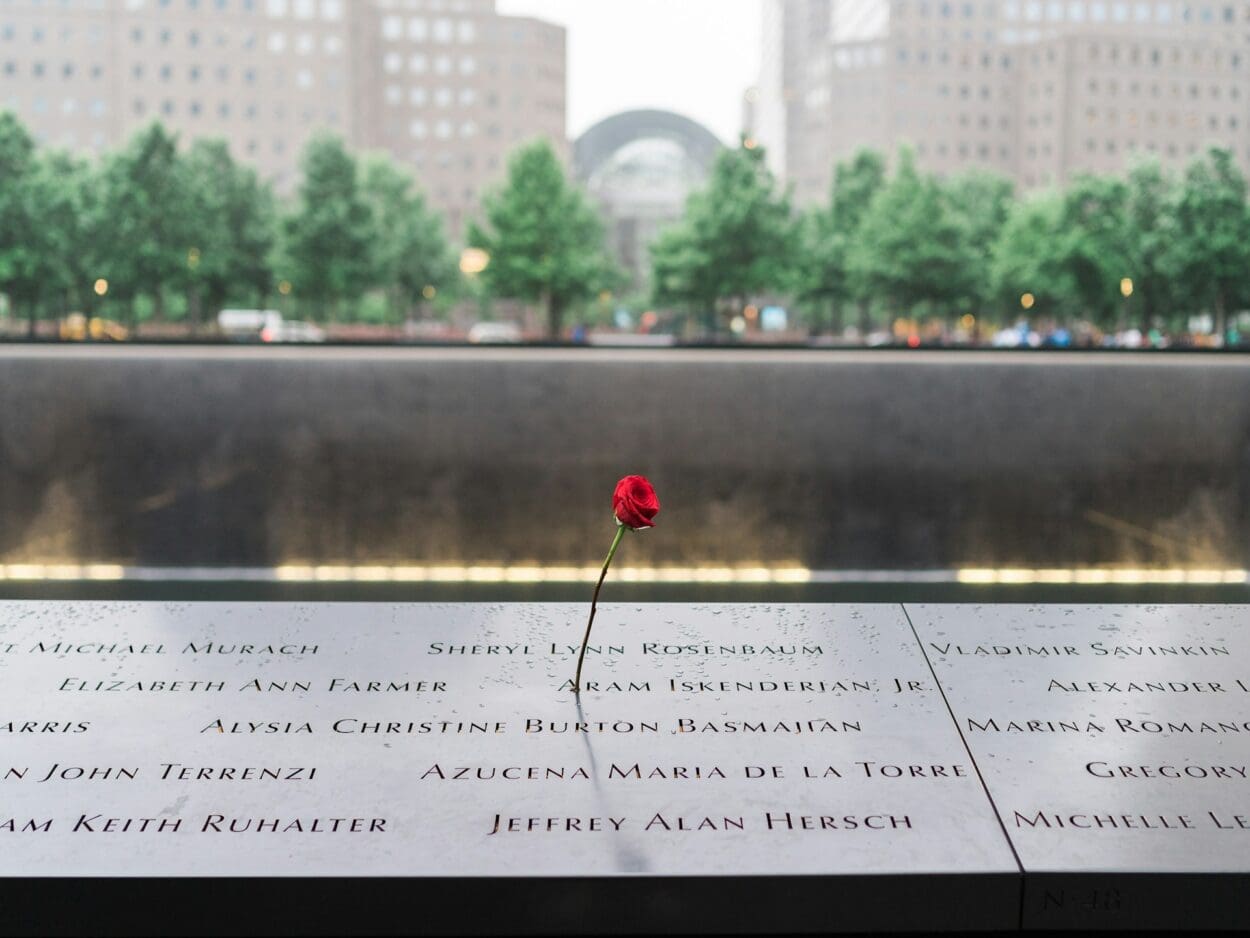
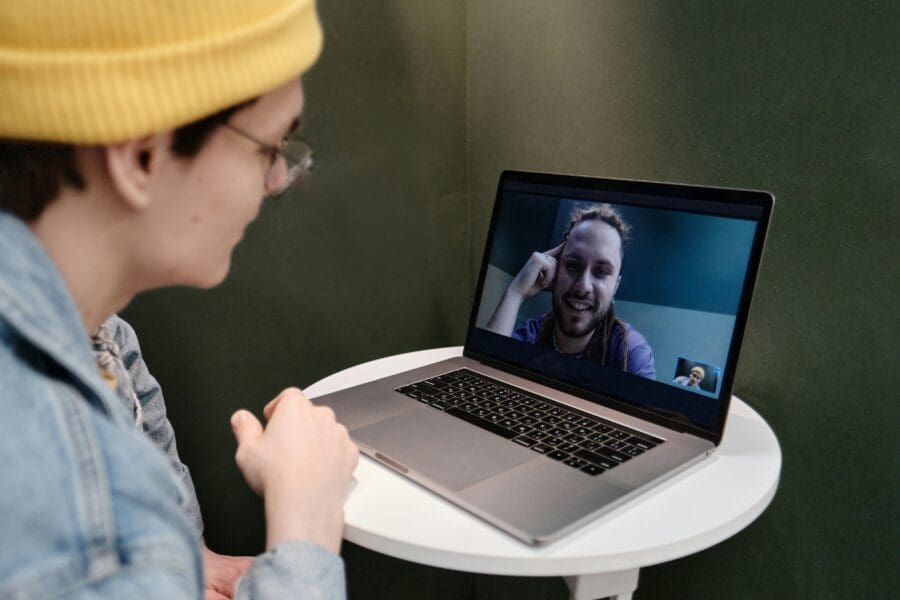
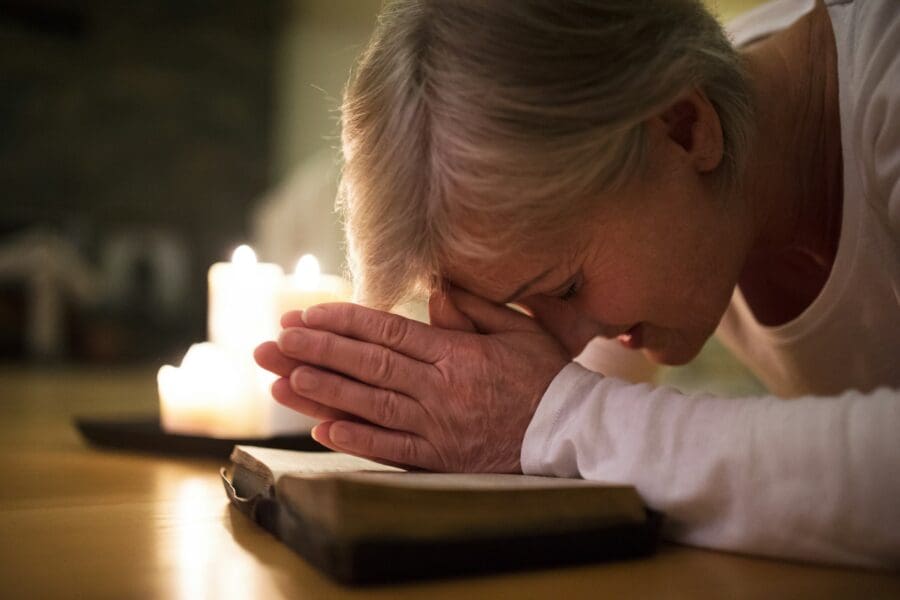
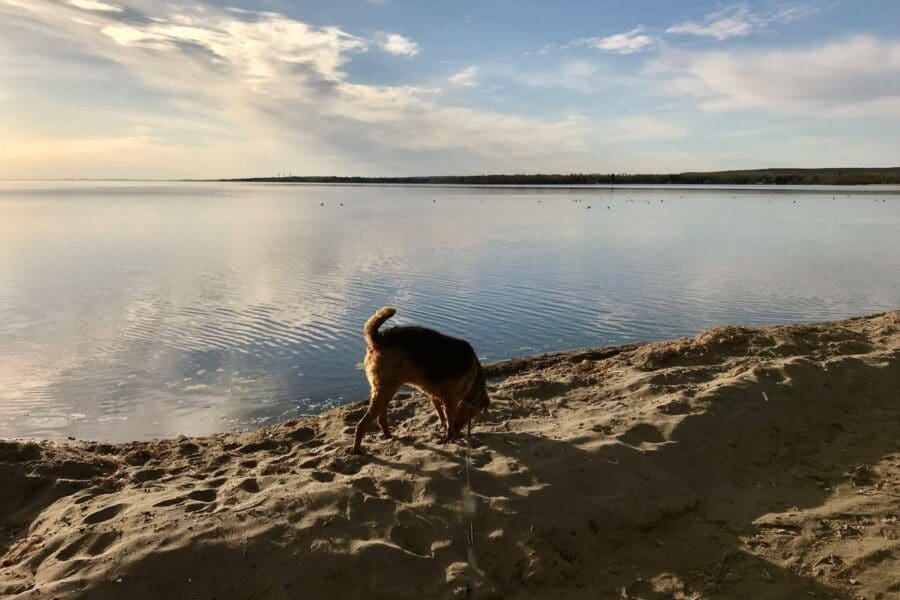
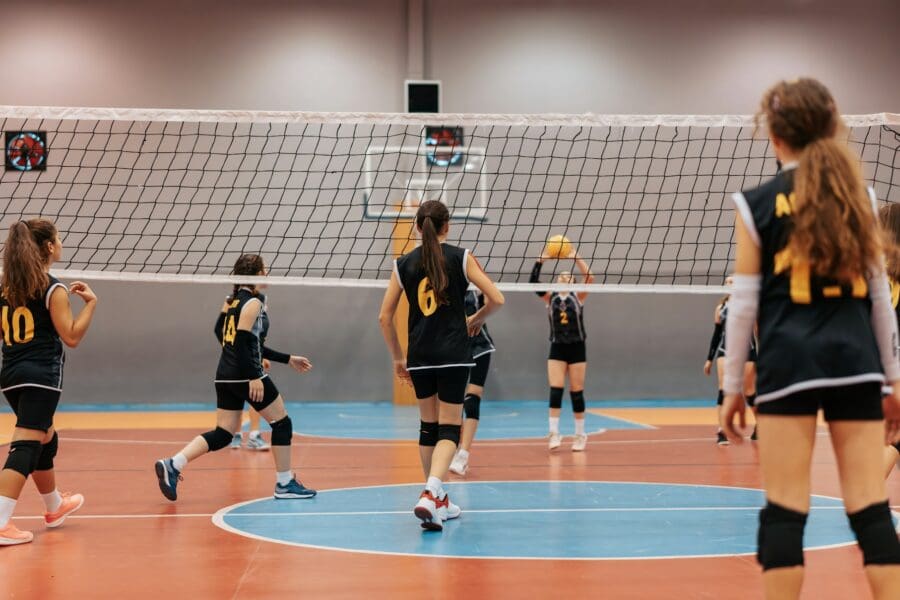
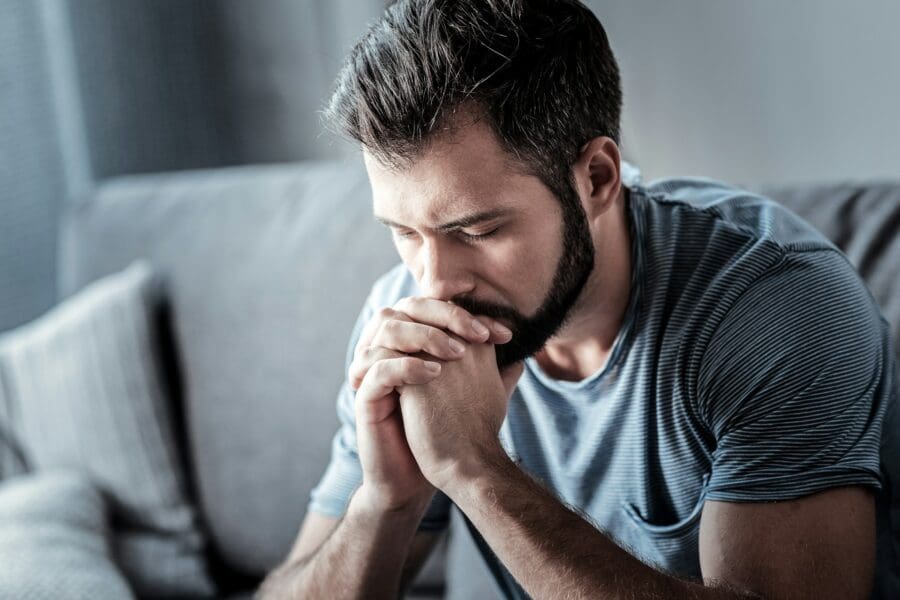

Leave a Comment